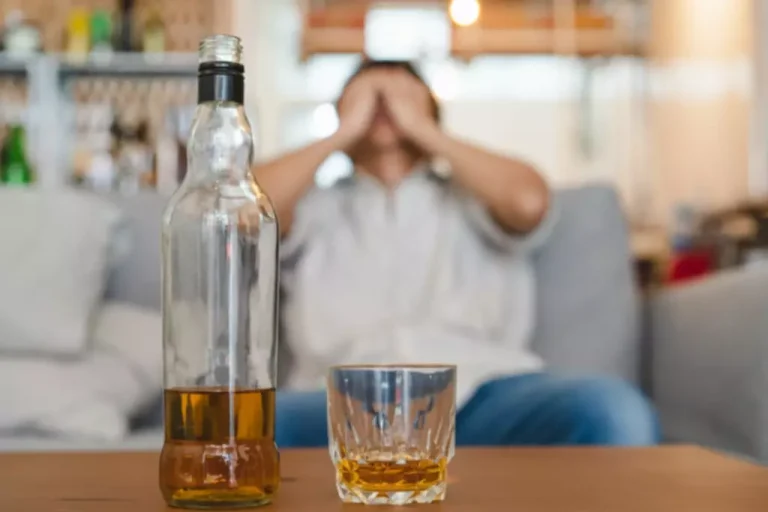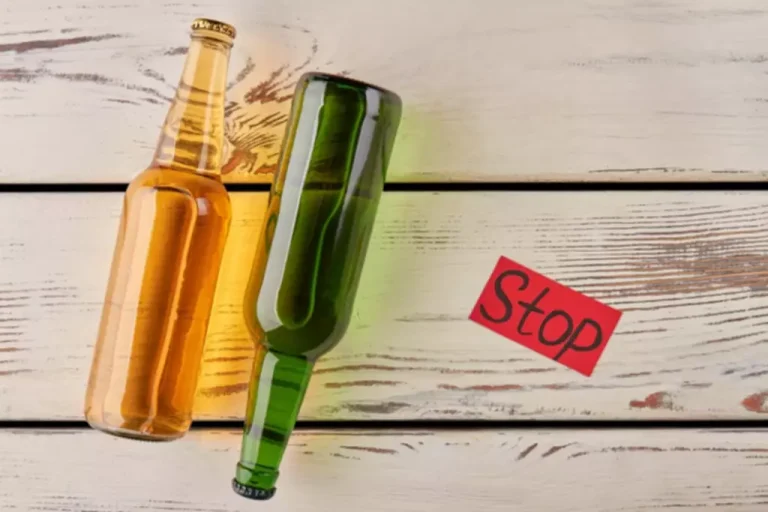
Therefore one might expect people to choose different drugs for different reasons. Opioids are narcotic, painkilling drugs produced from opium or made synthetically. This class of drugs includes, among others, heroin, morphine, codeine, methadone, fentanyl and oxycodone.
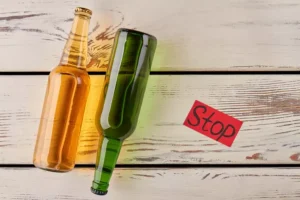
Addiction Science
All too often people try to get better on their own, but this can be difficult and, in some cases, dangerous. Though the term ‘alcohol’ is more commonly synonymous with alcoholic beverages, the term is not limited to just that. Alcoholics Anonymous In chemistry, alcohol is an organic compound in which the hydroxyl functional group (-OH) is bound to a carbon atom. There are various types of alcohols such as ethanol, isopropyl alcohol, methanol, propanol, butanol, etc. Ethanol, of the simple acyclic alcohols, is most commonly used in the creation of alcoholic beverages, after being distilled and fermented. Alcohol, in its purest form is a clear liquid and cannot be consumed raw as it could cause coma and death.
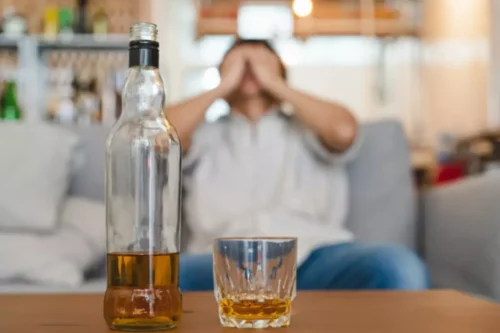
The Difference Between Alcohol And Drug Addiction
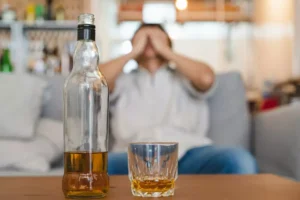
Even without a job, the woman goes out drinking at night with her friends. Her finances start to dwindle, and she moves in with a friend. The friend asks how the job search is going, and the woman replies that nowhere is hiring, the pay is too low, or she simply didn’t like the job. A person experiencing a problem with drugs might reach for a paper and crunch some weed into a shake before rolling a sweet-smelling joint or pop a Vicodin or two or three, just as Hugh Laurie’s iconic character Doctor House did—way too often. For many, saying “I’m an alcoholic” or “addict” resonates with the achievement of sobriety. But some would argue that first and foremost you’re a terrific person, and the labels addict and alcoholic can compromise that.
- Sometimes slip and relapse are used interchangeably, so it can be confusing.
- But for others, that distinction is food for defenses that help to minimise the extent of the problem and the scope of the changes necessary.
Drug Dependence Signs and Symptoms
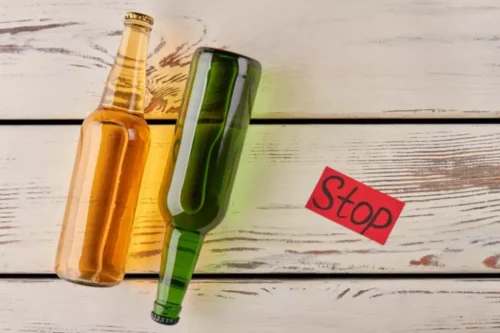
Nicotine, found in tobacco that’s smoked, and caffeine, found in cola, coffee and tea, are both stimulants. They increase alertness, attention and energy, but in excess they cause damage to the liver and heart. Addiction involves compulsive, harmful substance use or behaviors.
- Once you’ve been addicted to a drug, you’re at high risk of falling back into a pattern of addiction.
- These kinds of drugs have many prohibitions and regulations, because they may prove unpleasant when abused.
- There are age restrictions on who can buy tobacco and vape products and where they can be used.
- Medication-assisted treatment (MAT) is an approach that uses medication, in conjunction with counseling and support, to manage withdrawal symptoms and reduce the risk of relapse.
- That means we don’t teach anyone how to consume it responsibly, even though most drinkers start drinking long before they reach the 21-year age limit.
- Drug DUI cases can be more complex due to the variability in drug effects.
Mental Health Newsletter
For example, a person with a caffeine dependence who stops drinking coffee may have withdrawal symptoms for a few https://ecosoberhouse.com/ days but then feel better. A person can have an addiction without necessarily having a physical dependence. Similarly, a person can have a physical dependence on a drug without feeling compelled to use it. However, they may still experience withdrawal symptoms if they stop taking it. The first category of employment drug testing, commonly known as “DOT testing,” affects more than 1 million businesses across the nation in which people work in safety-sensitive, transportation-related jobs.
IRT studies
While there are many similarities between alcohol and drug addiction, there are also significant differences in the treatment options available. Alcohol rehab programs typically focus on detoxification, counseling, and support groups, while difference between drugs and alcohol drug rehab programs may include additional medical interventions. There are various treatment options available for individuals struggling with alcohol or drug addiction. These may include detoxification, counseling, support groups, and medication-assisted treatment.
